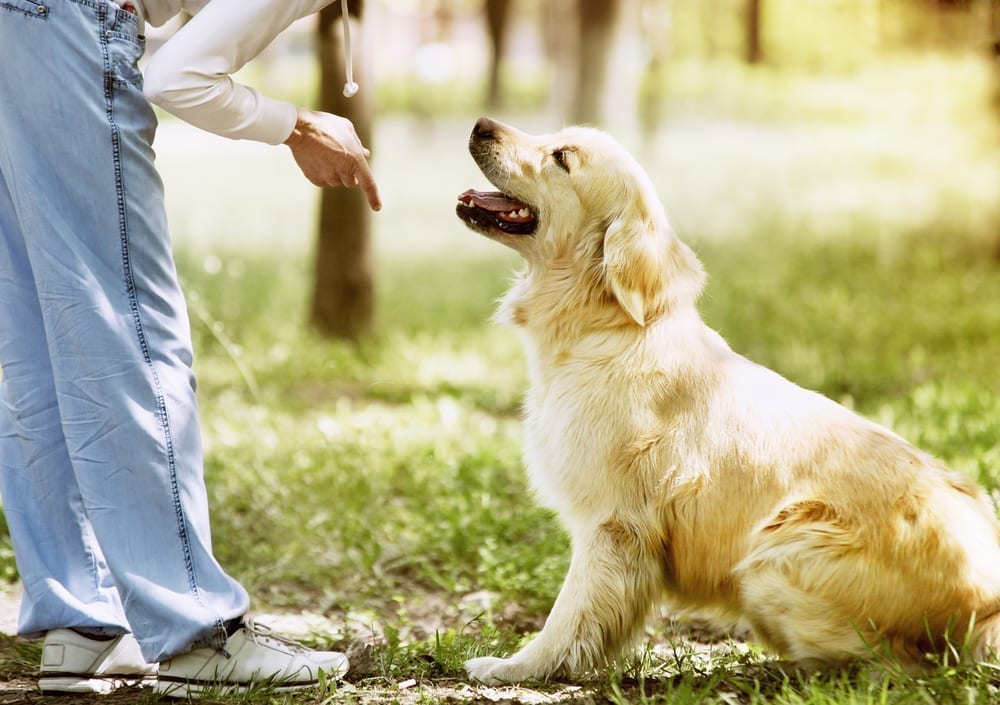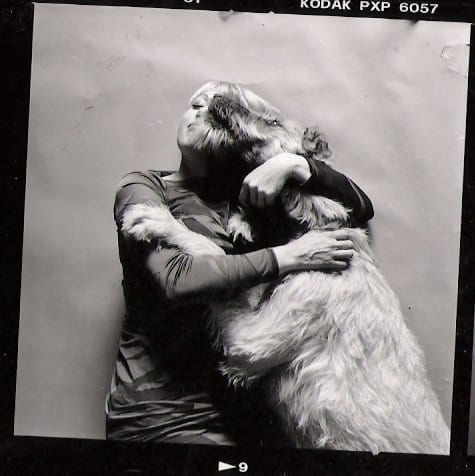| Lyme antibodies and Lyme disease
Every spring there is a rush to get family dogs tested for heartworm in preparation for prescribing a monthly heartworm preventive medication such as “Heartguard”. Many clinics use an IDEXX SNAP 4Dx test as an in-house screening test to identify heartworm antigen (Dirofilaria immitis), and antibodies to Borrelia burgdorferi (the bacteria that causes Lyme disease), Anaplasma phagocytophilum, and Ehrlichia canis (three tick- borne bacteria).
This test does not identify the presence of bacteria in the dog. It detects antibodies the animal makes when they get infected. Dogs usually clear these tick-borne infections and form residual antibodies. Treating every dog with a positive SNAP antibody test with doxycycline is inaccurate at best and frankly is unnecessary for the many dogs that already cleared their infection.
These in-house screening tests separate dogs into 2 categories:
1. Antibodies absent- these dogs are likely not infected and have no antibodies against a new infection.
2. Antibodies present- these dogs may still be infected or may no longer be infected but carry the antibody forward for several months to a year. Further testing is needed to determine if bacteria are present.
A diagnosis of Lyme disease or Borreliosis is best made from several vantage points:
A useful follow-up test for a SNAP antibody test is a “Tick PCR Profile”. This test uses an enzyme to amplify bacteria DNA if present in the dog’s blood. If a PCR result is negative and the dog has no clinical signs of a tick-borne infection, it is likely that the SNAP test identified antibodies left from an infection that has resolved.
A secondary test that only applies to Lyme disease is a Lyme Quantitative C6 antibody test. This tells us if the dog has a low, medium, or high number of antibodies. The clinician still has to make a judgement as to the timing of the dog’s infection and if Borrelia is still present. For example, a very high Quantitative C6 antibody test shows the dog made a recent and vigorous immune response. We still would not know from a C6 test if the bacteria are present.
Veterinarians need to do a better job explaining these tests rather than making SNAP tests a go-ahead to dispense antibiotics. Studies have shown that more than 90% of dogs clear Lyme infections on their own or do not exhibit signs of disease. Of course the other 10% do show signs of disease and need help fighting an infection. In the Northern States most dogs tested in early spring are carrying antibodies left over from a tick bite last summer or fall. In my experience the majority of North Country dogs testing ‘positive’ on an early spring SNAP test do not have bacteria based on PCR testing and do not need treatment with doxycyline, though they may have some other condition and respond to the antibiotic, but not from tick-borne disease.
Veterinarians can prescribe antibiotics too often, with less than a full diagnostic work-up. With global problems of drug-resistant bacteria, casual prescribing of drugs has proven to be false economy. Antibiotic use is now everyone’s business, and I hope you will be cautious with prescriptions.
Take home point: positive SNAP tests for Lyme disease are not a green light to prescribe doxycyline. The clinician needs to go the next step and run a PCR or quantitative antibody test to make an informed decision, especially in patients with no clinical signs of infection. Article published by Cold River Veterinary Center _____________________________________________________ |












